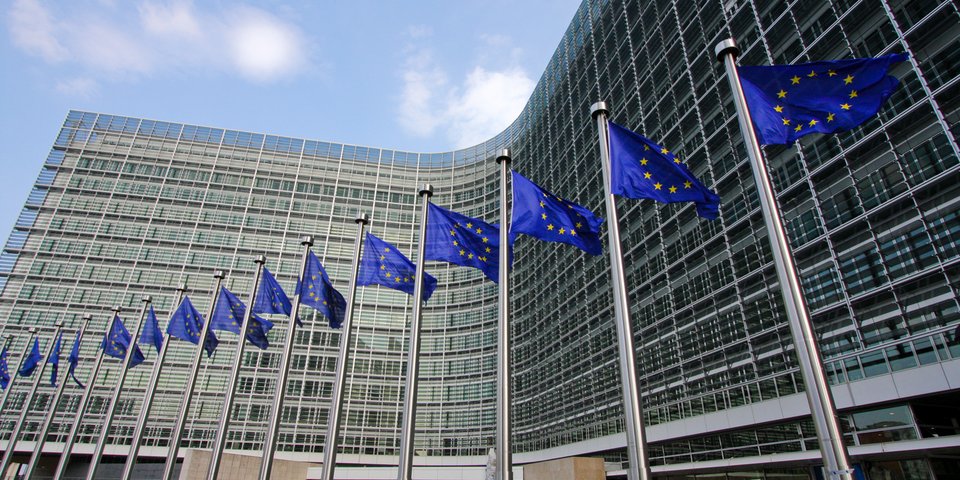 iStockphoto/Joris Van Ostaeyen
iStockphoto/Joris Van OstaeyenEP Committee wants health systems to be assessed
The European Parliament’s Committee on the Environment, Public Health and Food Safety (ENVI) has recommended the comprehensive assessment of national health systems in the framework of the European Semester.
GD/AD – 02/2017
In addition to several other topics, the Health Committee dealt with links between the “European Semester” and consideration of national health systems in the context of systematic exchange and national budget structures. In its opinion paper for the Committee on Economic and Monetary Affairs (ECON/2016/2306(INI)), ENVI makes reference to the Annual Growth Survey 2017. It notes, with regret, that economic recovery in the EU remains “slow and fragile”. Extra attention needs to be given to the health systems of the Member States.
The Committee recommends that a comprehensive assessment of the health systems in the framework of the European Semester must not only take into consideration refinancing and taxation issues but also accessibility, effectiveness and quality in the “European” health sector. It also recommends special consideration be given when evaluating Member States’ budgets by taking into account the additional “cost burden” incurred by the Member States as a result of emergencies such as the influx of migrants or the integration of refugees.
Observers have classified the opinion paper into a series of new and not-so-new approaches which are suitable for showing how to communitise the costs of socially-funded national health systems, whatever the structure of this might be. Although it was not explicitly mentioned, those responsible are fully aware of the poor state of several EU social systems, especially in terms of healthcare. State failure, over-indebtedness and declining productivity in many Member States have resulted, de facto, in a situation where healthcare has a third-world character for those incapable of paying for private healthcare.
For a long time, national authorities in the countries affected have been looking for ways to get external funding, be it via significant additional leeway to incur debt, a “bad bank” for social systems or a yet to be defined system of direct redistribution. As such, “Europe” has long been searching for local solutions even though it is unclear at present where the substantial resources needed for this would come from. From a German viewpoint, this approach could rouse new ambitions and wishes that undermine subsidiarity.
The Committee’s opinion paper can be viewed online here.
